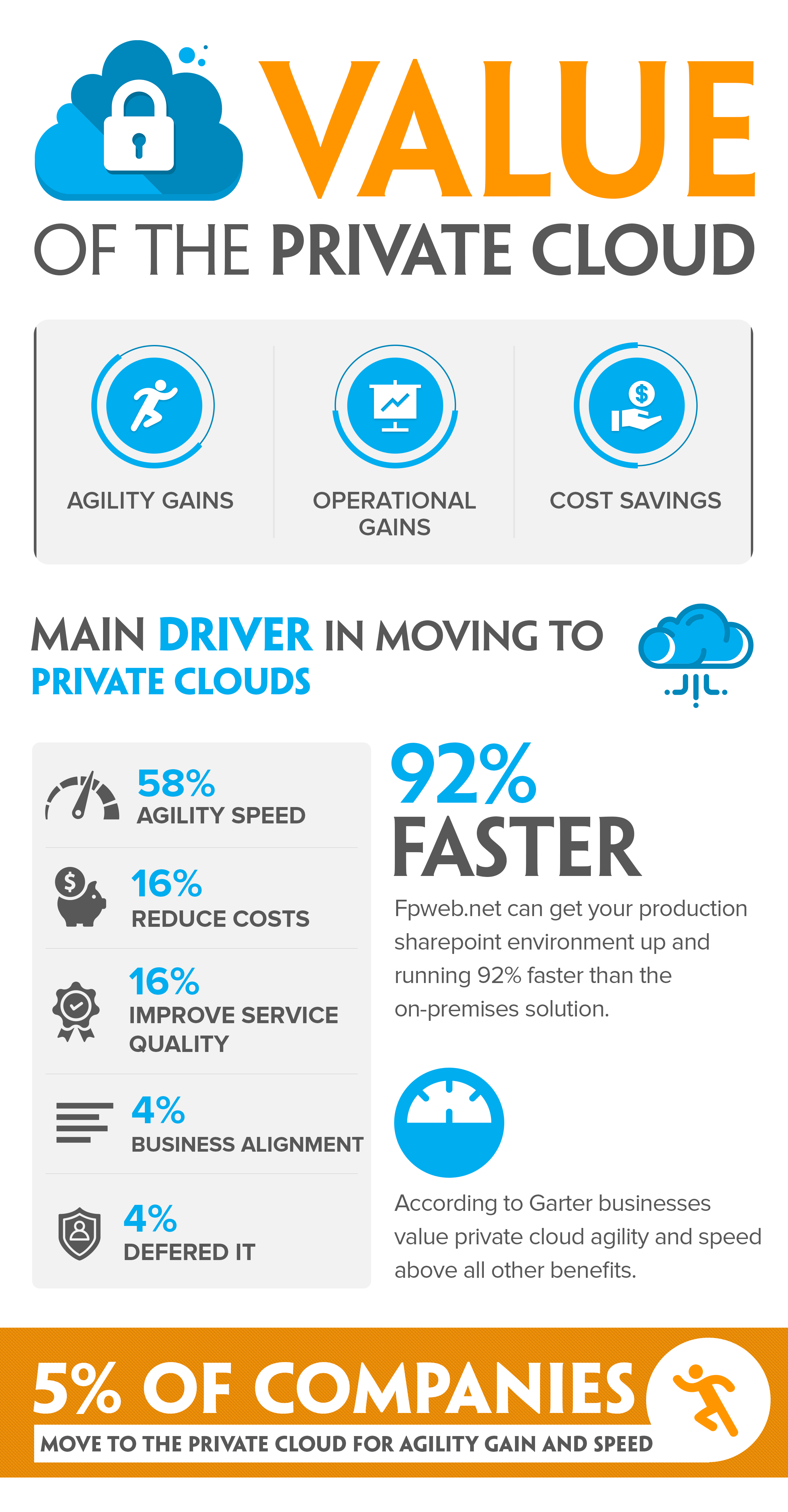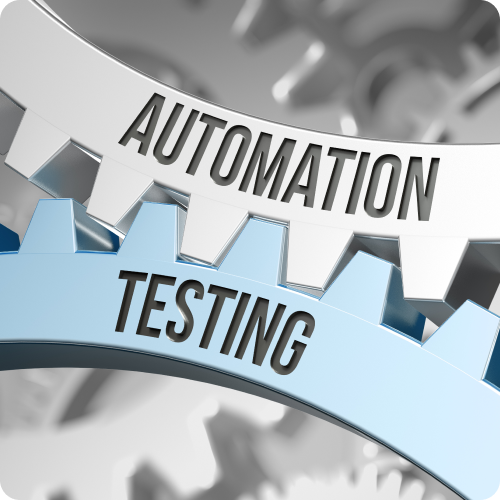According to Gartner, Cloud Computing is a style of computing in which massively scalable IT-related capabilities are provided ‘as a service’ using internet technologies to multiple external customers. The flurry of benefits it provides to various industries proves the fact that it’s the proverbial ‘Next Big Thing,’ in the global business landscape. There is not a single space that is untouched by this ground-breaking technology. In the ecommerce landscape too, businesses are leveraging cloud computing to enhance their productivity, security, and agility.
How is it impacting e-commerce?
Cloud computing helps online companies meet the constantly changing demands of their patrons. Upscaling or downscaling the solutions or services is no more worrisome. Cloud gives e-commerce giants a scalable architecture, by keeping them in sync with the market scenario. Delivering powerful performance, cloud computing has become the ultimate solution for e-tail firms worldwide. Also, cloud-based applications are being increasingly used by firms, thanks to their ability to develop a deeper connection with customers, generate sales and increase revenue.
Speed is another factor that influences the growth of online businesses. Good speed ensures higher conversions and helps firms woo more customers, thus enlarging their client-base. People are likely to leave a web page if it takes time to load. By default, humans love speed, whether it’s about getting their food delivered on time or making online payment. One reason why websites function slowly sometimes is the sudden spurt in traffic that makes the site unresponsive. Cloud computing provides the perfect solution to this. It gives firms larger bandwidth, higher storage space and also improves their computational ability.
Next benefit in line is cost reduction. Using a cloud means, companies don’t have to take the trouble of investing exorbitant amount of money in setting up hardware or software facilities. Cloud computing cuts the cost of IT infrastructure and helps companies improve their performance graph at the same time. The biggest cloud players across the globe like Alibaba that’s dominant in China and Amazon, that’s ruling the e-commerce market of The United States, are clocking double digit growth year-on-year. Besides these, Microsoft, Google, Salesforce, and IBM are other leading firms that provide private cloud services.

With gigabytes and zettabytes of data being generated daily, the fear of losing crucial information is always hovering over e-tail businesses. Adopting cloud-based platforms provides them a higher sense of security, easier accessibility and a backup of the data. The inbuilt redundancy feature of cloud-based architecture helps prevent data security disasters.
At the Gartner IT Financial, Procurement & Asset Management Summit 2016 in London, Ed Anderson, research vice president at Gartner said,“Cloud-first strategies are the foundation for staying relevant in a fast-paced world. The market for cloud services has grown to such an extent that it is now a notable percentage of total IT spending, helping to create a new generation of startups and “born in the cloud” providers.”
In a nutshell
The lions of the e-commerce industry are out there working on their ambitious cloud computing projects. Looking at the way this technology is setting its footprint across geographies, it’s evident that cloud computing is gradually becoming indispensable for e-tail companies to attain their goals of scoring unprecedented growth and delivering customized experience to their customers. According to Gartner, no-cloud is equivalent to no-internet, such is the effect of cloud computing today. There is no looking back for this disruptive technology as it’s coming fast to conquer the world.









































